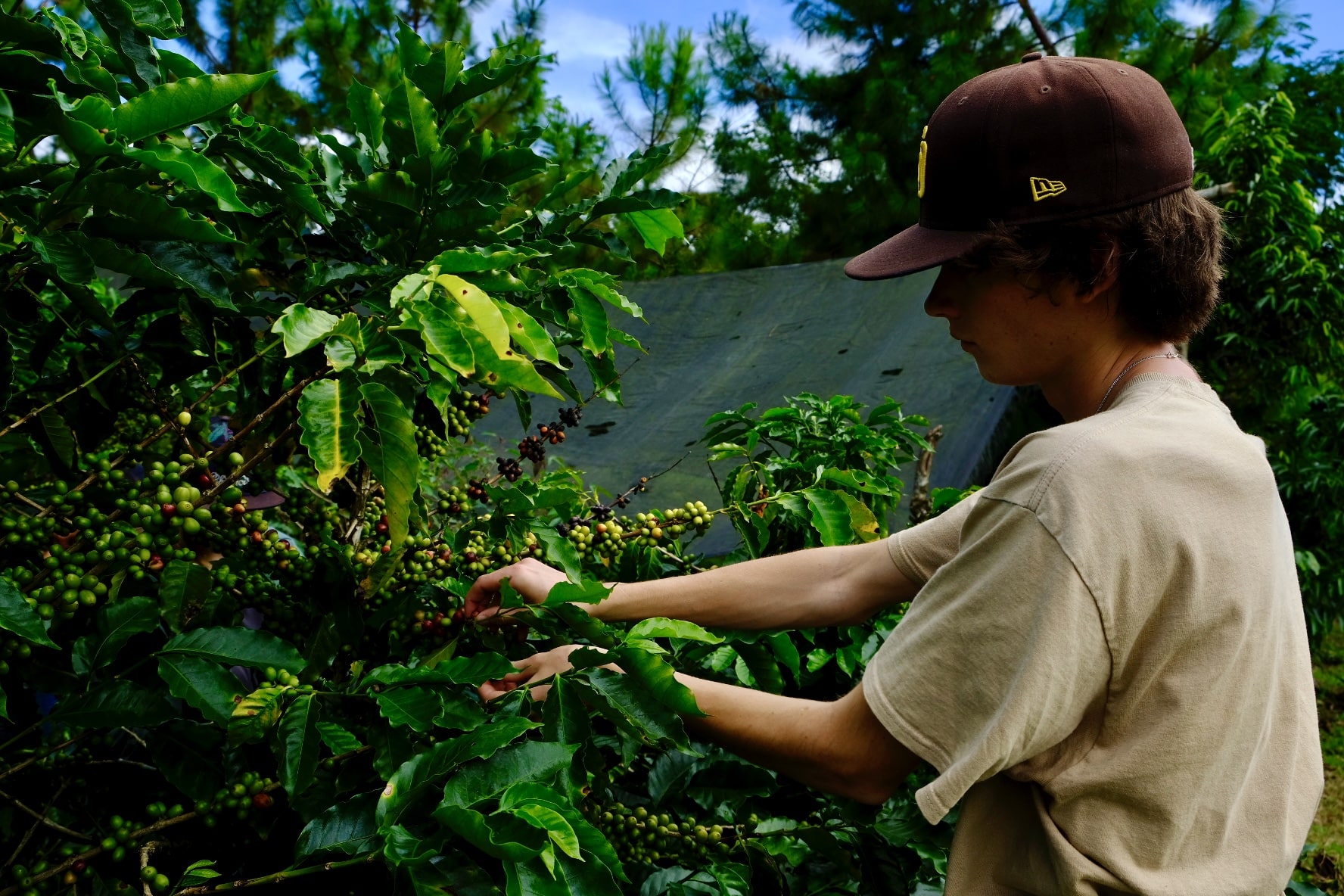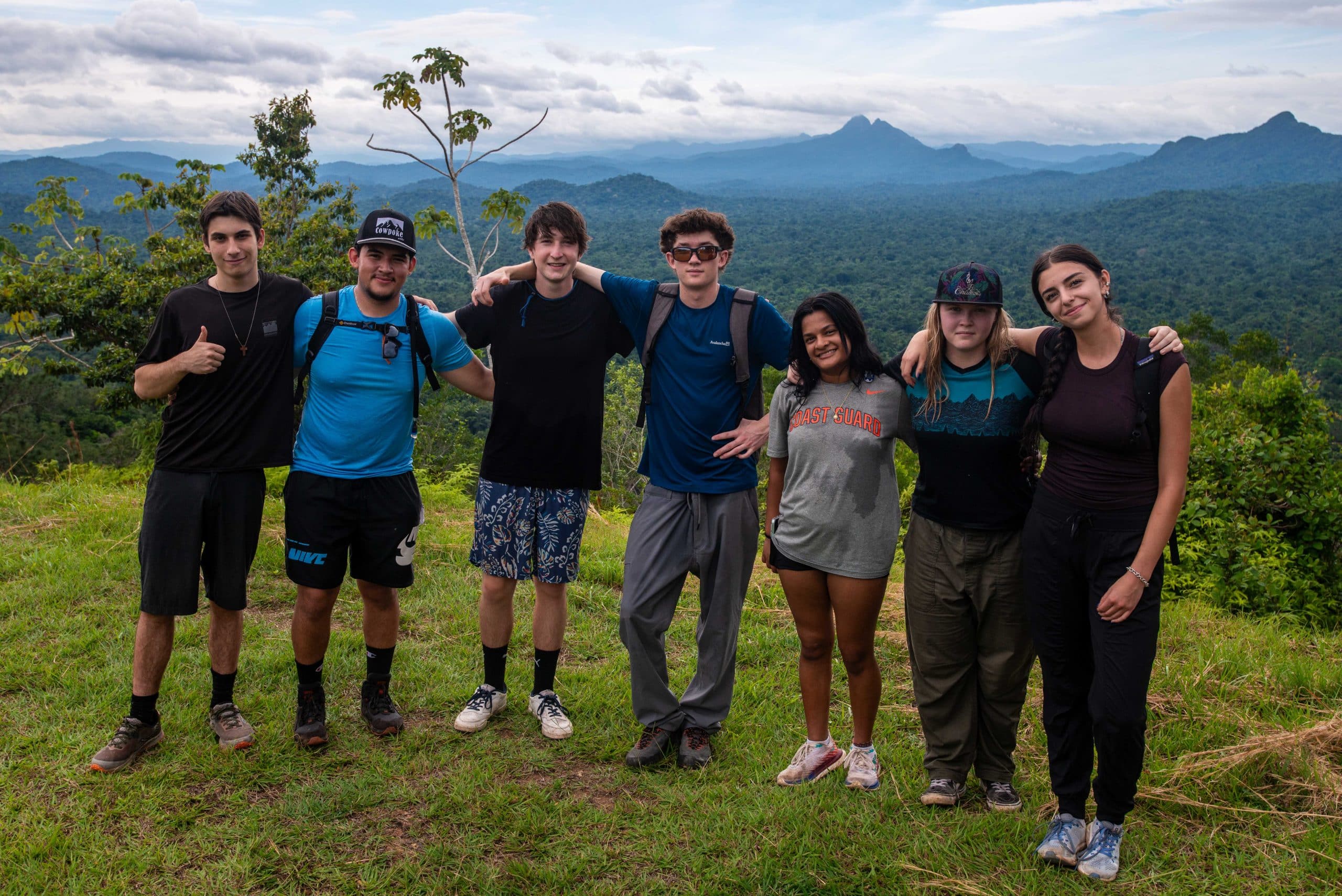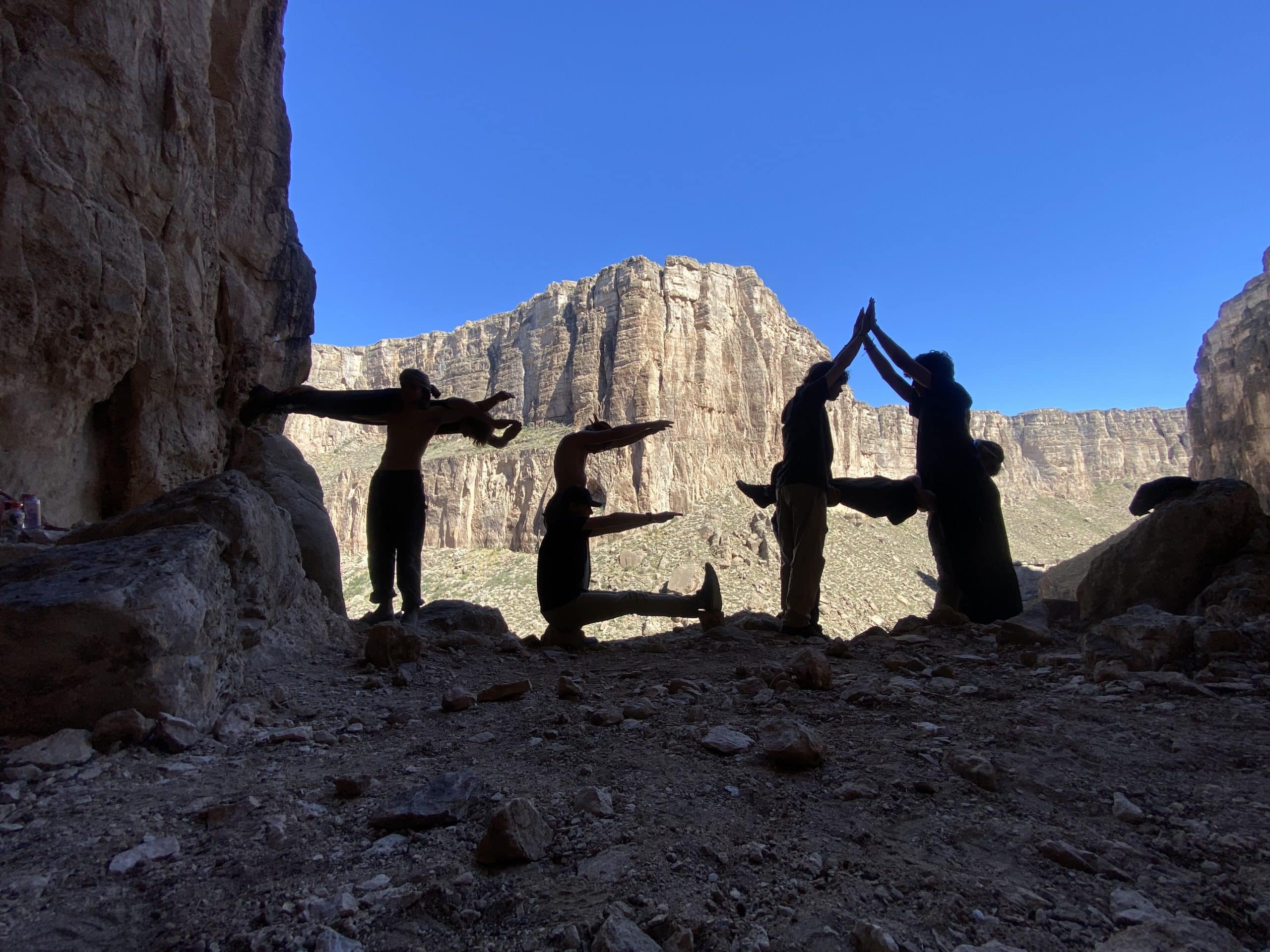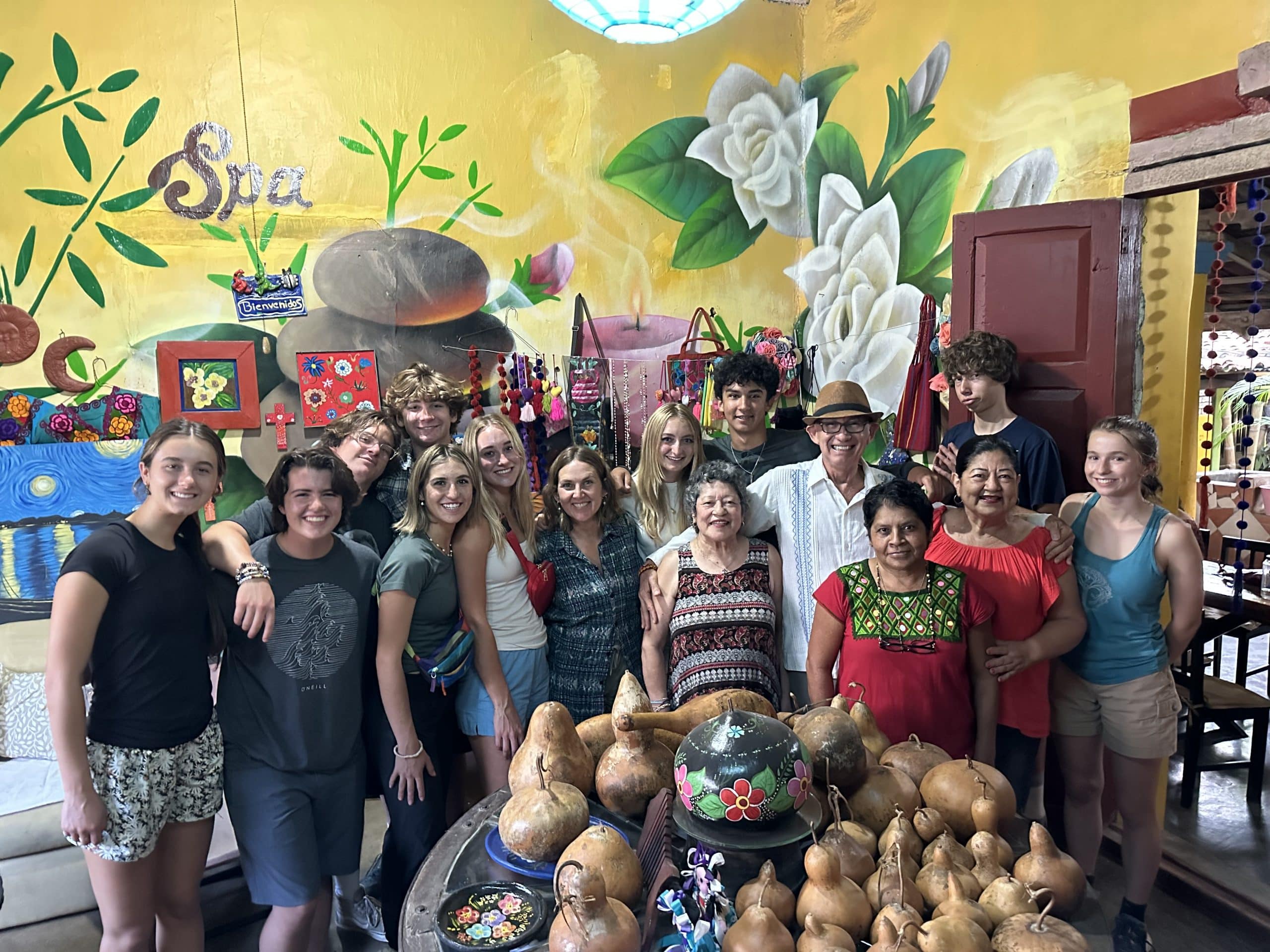11th Grade on Costa Rica’s Community, Culture, and Conservation
“I remember the people and their stories the most." -McKenna
Words by Megan and photos by Elijah and Ana
TEA’s 11th grade visited Costa Rica for their fall fieldwork. Their first destination was the Asociación de Mujeres Organizadas de Biolley (ASOMOBI), a local woman-run non-governmental organization in Biolley. There, they cultivated TEA’s lasting relationship with the organization. The 11th graders worked with ASOMOBI to weed, clean drainage ditches, dry coffee beans, and maintain communal spaces. They learned what it meant to contribute to the local community in Biolley and how much work goes into the organization’s efforts.
“We got to stay on this coffee farm up in the mountains and volunteer, and talk to, and learn from real, incredible, local people, and speak to them in Spanish and learn from real people about their genuine experiences,” said 11th grader Julianna. “Instead of just seeing, we felt like we were really being a part of the dynamics of the country, and we just got such incredible insight from the experience. It was really amazing.”

Prior to the trip, students had prepared by practicing Spanish and learning about Costa Rica’s ecology, government, history, foreign affairs, and economy. They read Pablo Neruda and Carmen Lyra, and studied United States involvement in Costa Rica. 11th grader McKenna said they were able to go into the trip knowing about the country and having already talked to locals at ASOMOBI.
“The coolest experience was getting to know people and their stories of why they chose specifically to start [ASOMOBI], why they live there, and why their families are there,” said McKenna. “I mean everything we did on the trip was really awesome, but I remember the people and their stories the most.”
11th grader Yonatan was particularly struck by how community-oriented Biolley was— the town had a community kitchen and communal areas that everyone contributed to maintaining. McKenna shared similar sentiments, noting the strong sense of community within Costa Rica. She said they saw how everyone worked together to support the country and benefit their communities as a whole, which contrasted the disconnection she notices in the United States.

“We definitely learned a lot of humility and learned a lot of communication skills. And it just all comes around to bonding with each other, and bonding with everyone we met because that takes a lot of skill,” said Julianna. “I feel I took a lot away from that aspect of it.”
Yonatan expressed the importance of connecting with people who are different from you, and how the experience gave him a new perspective on different ways of life. He recalled being able to connect with local teenagers in Biolley through soccer. After school, the local kids went to the soccer field, where TEA students met and befriended them.
“It’s very impressive to see people who are able to enjoy what they have and make the best of what they have and to really connect on a deep level with nature and the people around them,” said Yonatan.
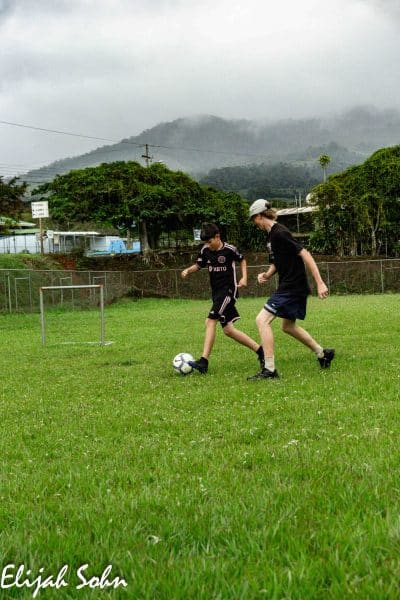
TEA went to Biolley with the intention of creating a positive impact at ASOMOBI, and the 11th graders committed to this goal by picking up trash wherever they went. After spending their first day of service work digging gutters and weeding, they made it a point to continue caring for the environment. Julianna mentioned how they gained a deeper understanding of food production and farming, from the use of pesticides to biofarms and labor pratices. She noted how TEA students immersed themselves in the culture and remained open and mindful of their new surroundings.
“Pura vida is a big Costa Rican phrase that’s pure life and I think that everyone in Costa Rica lives it a little differently,” said McKenna. “I think that from ASOMOBI we try to take it with us just being mindful and appreciative of the space we’re in. Know where things come from, who worked for the things we have, who appreciated them, contributed to them— to keep them in mind… I think about it a lot more now when I’m walking through grocery stores,” said McKenna. “I think back to the people in Costa Rica and how they try to appreciate every moment, the pura vida.”
The students’ takeaways were cultural sensitivity, a sense of community, awareness of U.S. influence on Costa Rica, and understanding of farming and conservation, and the experience of pura vida. TEA emphasizes learning through impact.


